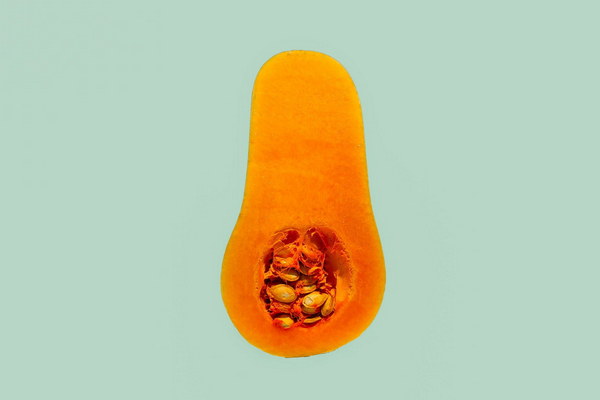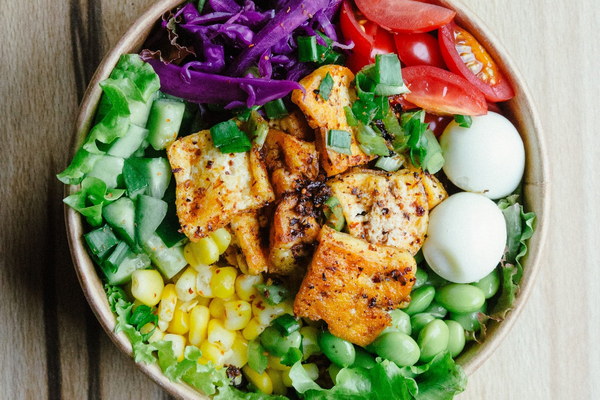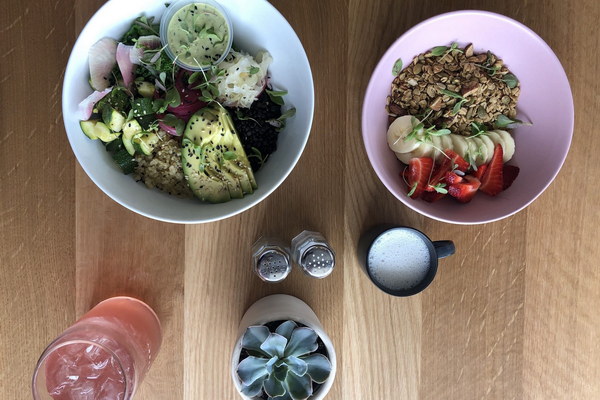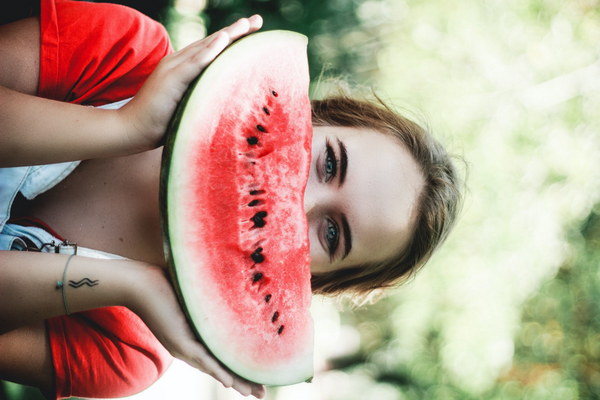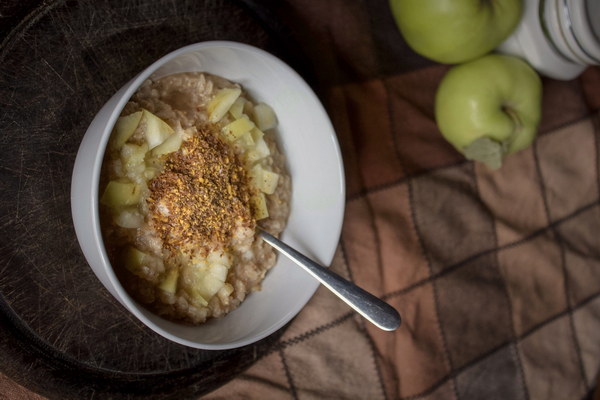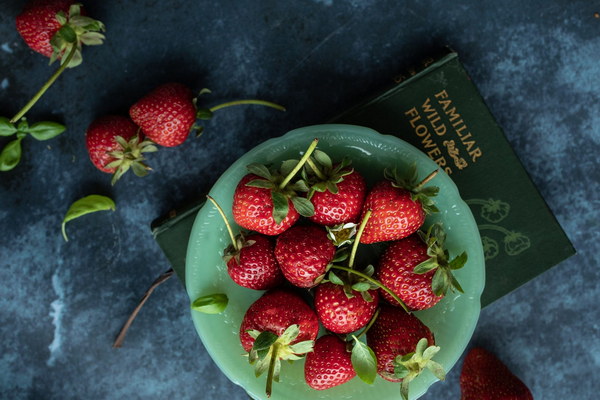Can a Vegetarian Diet Really Help in Anti-Aging
The search for the fountain of youth has been a lifelong quest for humans, and the pursuit of anti-aging solutions has never ceased. One of the latest trends in this quest is the adoption of a vegetarian diet. But can a vegetarian diet really help in anti-aging? Let's dive into the topic and explore the potential benefits and drawbacks.
First, it's essential to understand that aging is a complex process influenced by various factors, including genetics, lifestyle, and environmental factors. While a vegetarian diet may not be the magic bullet for eternal youth, it can offer several benefits that may contribute to a healthier, more youthful appearance.
1. Nutrient-Rich Diet: A vegetarian diet, especially when well-planned, is rich in essential nutrients such as vitamins, minerals, antioxidants, and fiber. These nutrients play a crucial role in maintaining the body's functions and protecting it from oxidative stress, which is a significant contributor to aging.
2. Lower Inflammation: Inflammation is a natural response of the body to injury or infection, but chronic inflammation can lead to various age-related diseases. A vegetarian diet is generally low in saturated fats and high in anti-inflammatory compounds such as omega-3 fatty acids, which can help reduce inflammation and promote a healthier aging process.
3. Improved Skin Health: The skin is one of the first indicators of aging, and a vegetarian diet can contribute to its health. A well-balanced vegetarian diet can provide essential fatty acids, antioxidants, and vitamins that help maintain skin elasticity, hydration, and a youthful appearance.
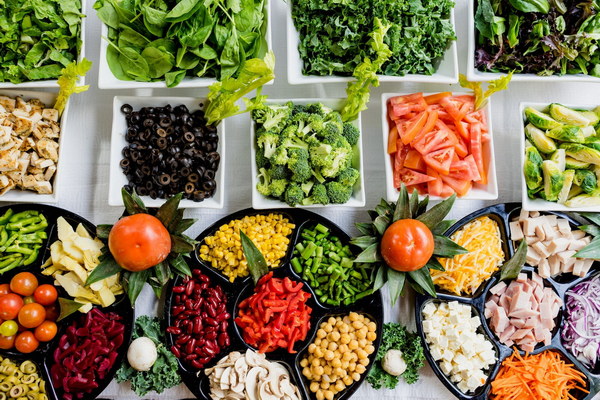
4. Weight Management: Excess weight is a significant risk factor for numerous age-related diseases. A vegetarian diet is often lower in calories and higher in fiber, making it easier to maintain a healthy weight, which can slow down the aging process.
5. Lower Risk of Chronic Diseases: Chronic diseases such as heart disease, diabetes, and cancer are major contributors to the aging process. A vegetarian diet is associated with a lower risk of these diseases, which can contribute to a healthier, more youthful appearance.
However, it's essential to note that a vegetarian diet is not a one-size-fits-all solution for anti-aging. Here are a few considerations:
1. Nutrient Deficiencies: A vegetarian diet may lack certain nutrients, such as vitamin B12, omega-3 fatty acids, and calcium, which are essential for maintaining health and youthfulness. It's crucial to ensure that these nutrients are obtained from fortified foods or supplements.
2. Overconsumption of Processed Foods: While a vegetarian diet can offer numerous health benefits, it's essential to avoid overconsumption of processed foods, which are high in calories, low in nutrients, and can contribute to weight gain and aging.
3. Genetic Factors: Some individuals may have genetic predispositions that affect how their bodies age, regardless of their diet. Therefore, while a vegetarian diet can contribute to a healthier aging process, it's not a guarantee of eternal youth.
In conclusion, a vegetarian diet can offer several benefits that may contribute to a healthier, more youthful appearance. By providing a nutrient-rich, anti-inflammatory diet, it can help maintain skin health, weight management, and reduce the risk of chronic diseases. However, it's essential to consider individual needs, potential nutrient deficiencies, and genetic factors to ensure the best results. While a vegetarian diet may not be the ultimate solution for anti-aging, it can be an excellent addition to a holistic approach to maintaining health and youthfulness.
